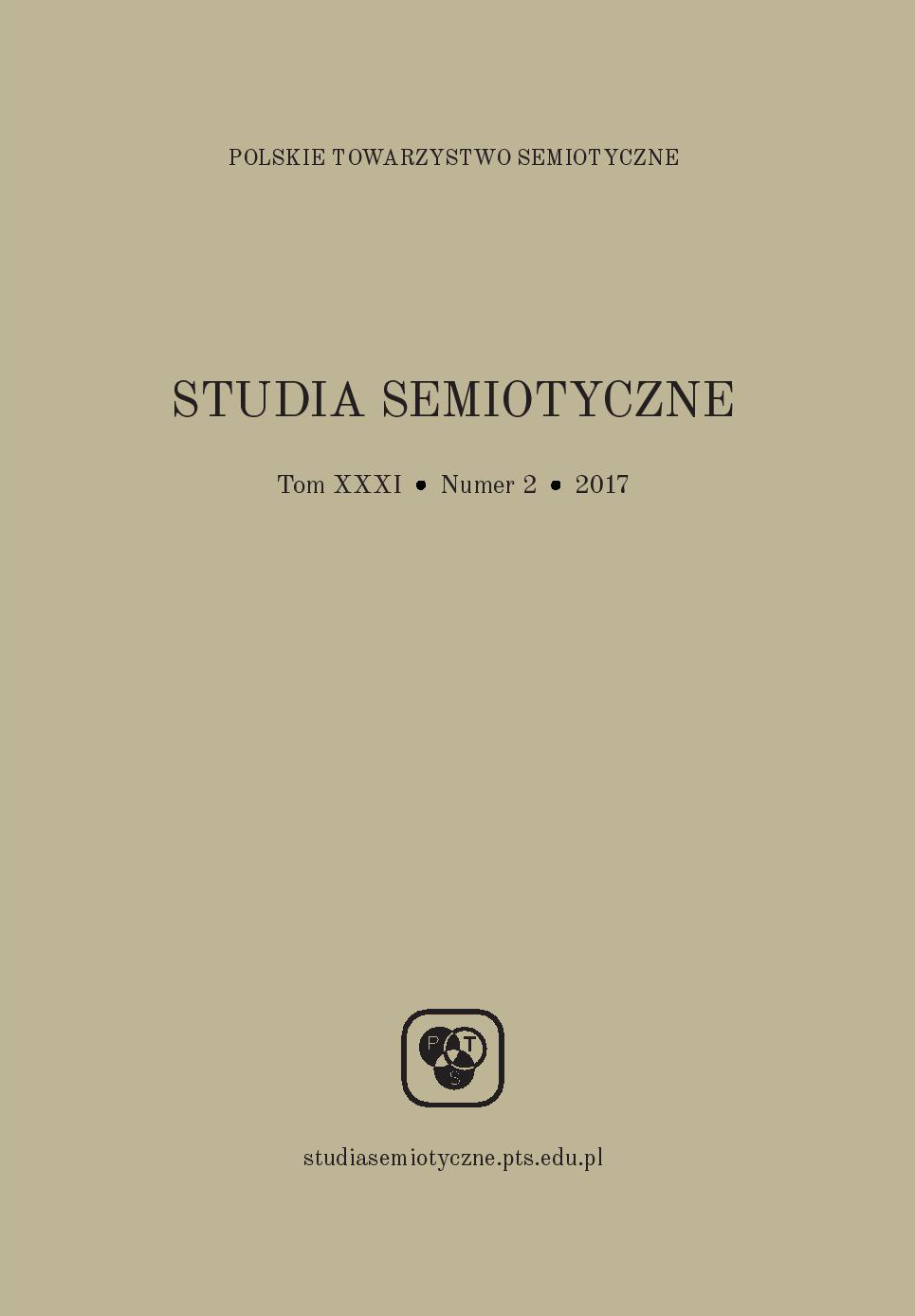Metalinguistic value disagreement
Metalinguistic value disagreement
Author(s): Erich RastSubject(s): Theoretical Linguistics, Philosophy of Language
Published by: Polskie Towarzystwo Semiotyczne
Keywords: metalinguistic negotiation; value disagreement; relativism; meaning theory; externalism;
Summary/Abstract: In a series of publications Burgess, Plunkett and Sundell have developed a metalinguistic negotiation view that they call ‘Conceptual Ethics.’I argue that their position adequately captures our intuition that some cases of value disputes are metalinguistic, but that they reverse the direction of justification when they state that speakers ‘negotiate’ the best use of a term or concept on the basis of its prior social role. Borrowing ideas from Putnam(1975b), I instead suggest distinguishing two meanings of general terms and value predicates. Core meaning represents the lowest common denominator between speakers and is primarily based on our needs to coordinate behavior.In contrast to this, the noumenal meaning of a general term or value predicate is intended to capture an aspect of reality and represents what a term reallymeans. Like many other disputes about theoretical terms, terms for abstract objects, and predicates, metalinguistic value disputes are about noumenal meaning on the basis of a shared core meaning. This direction towards reality is what sets the account apart from mere metalinguistic negotiation.
Journal: Studia Semiotyczne
- Issue Year: XXXI/2017
- Issue No: 2
- Page Range: 139-159
- Page Count: 21
- Language: English

